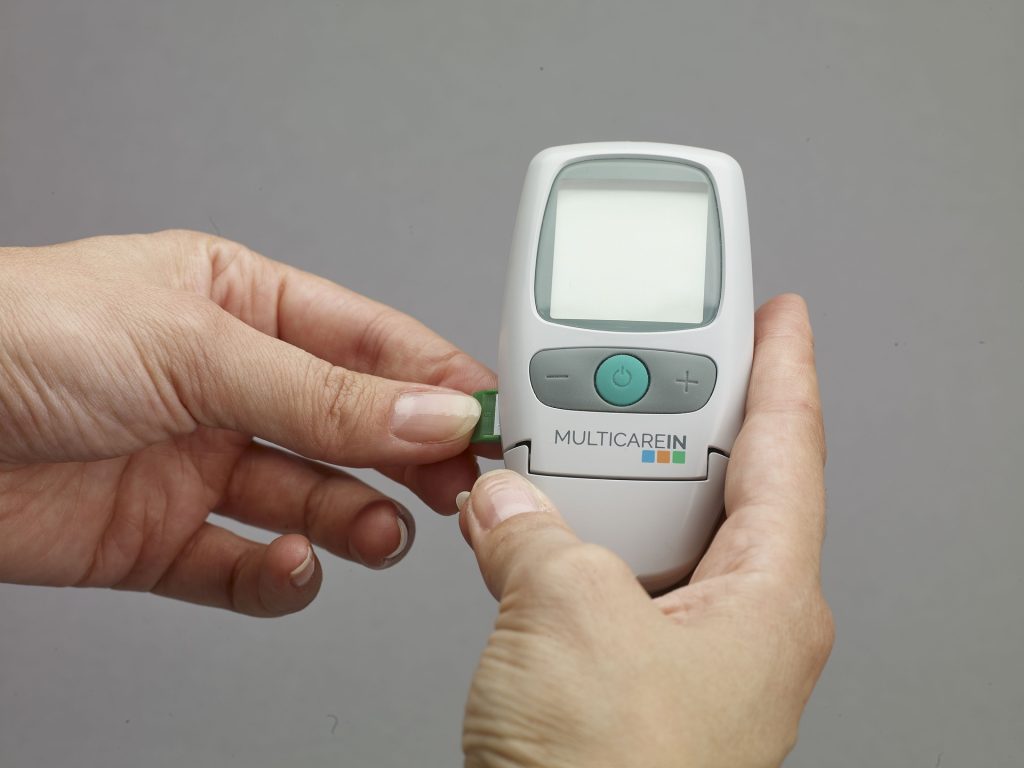Monogenic diabetes, also known as monogenic forms of diabetes or maturity-onset diabetes of the young (MODY), is a rare form of diabetes caused by a mutation in a single gene. Unlike type 1 diabetes and type 2 diabetes, which are multifactorial and have complex genetic and environmental causes, monogenic diabetes is typically inherited in an autosomal dominant pattern, meaning that a mutation in one copy of the gene is sufficient to cause the condition.
Monogenic diabetes accounts for a small percentage of all diabetes cases, estimated to be around 1-2% of diagnosed cases. It is often misdiagnosed as either type 1 or type 2 diabetes, as the symptoms and characteristics can overlap. However, understanding the genetic basis of monogenic diabetes is crucial for accurate diagnosis, appropriate treatment, and management of the condition.
There are several subtypes of monogenic diabetes, each associated with a specific gene mutation. The most common forms include:
MODY 2 (Glucokinase Deficiency):
This form is caused by mutations in the GCK gene, which is responsible for producing the enzyme glucokinase. Glucokinase plays a role in regulating blood glucose levels. People with MODY 2 usually have mildly elevated blood sugar levels from birth, but the condition is typically stable and does not require insulin treatment.
MODY 3 (Hepatocyte Nuclear Factor 1 Alpha Deficiency):
MODY 3 is caused by mutations in the HNF1A gene. It is characterized by impaired insulin production by the pancreas, leading to higher blood sugar levels. This form of monogenic diabetes usually develops during adolescence or early adulthood and may require treatment with oral medications or insulin.
MODY 5 (Hepatocyte Nuclear Factor 1 Beta Deficiency):
MODY 5 is caused by mutations in the HNF1B gene. It affects not only the pancreas but also other organs like the kidneys and liver. Individuals with MODY 5 may have kidney abnormalities, urinary tract malformations, or other associated features. Treatment may involve managing both the diabetes and any associated organ complications.
MODY 1, 4, and 6:
These subtypes are caused by mutations in the genes HNF4A (MODY 1), PDX1 (MODY 4), and NEUROD1 (MODY 6), respectively. Each subtype presents with different clinical features and treatment requirements.
Diagnosis of monogenic diabetes involves genetic testing to identify the specific gene mutation responsible for the condition. This helps differentiate it from other forms of diabetes and enables personalized treatment strategies. Genetic counseling is often recommended for individuals with monogenic diabetes and their families to understand the inheritance pattern and potential risks to future generations.
Treatment for monogenic diabetes varies depending on the specific subtype and severity of the condition. While some individuals may be able to manage their blood sugar levels with lifestyle modifications, such as diet and exercise, others may require oral medications or insulin therapy. The goal is to maintain optimal blood glucose control and minimize the risk of long-term complications.
In summary, monogenic diabetes is a rare form of diabetes caused by mutations in a single gene. It differs from type 1 and type 2 diabetes in its underlying genetic basis and often requires personalized treatment approaches. Accurate diagnosis through genetic testing and appropriate management are essential for individuals with monogenic diabetes to achieve good health outcomes.
